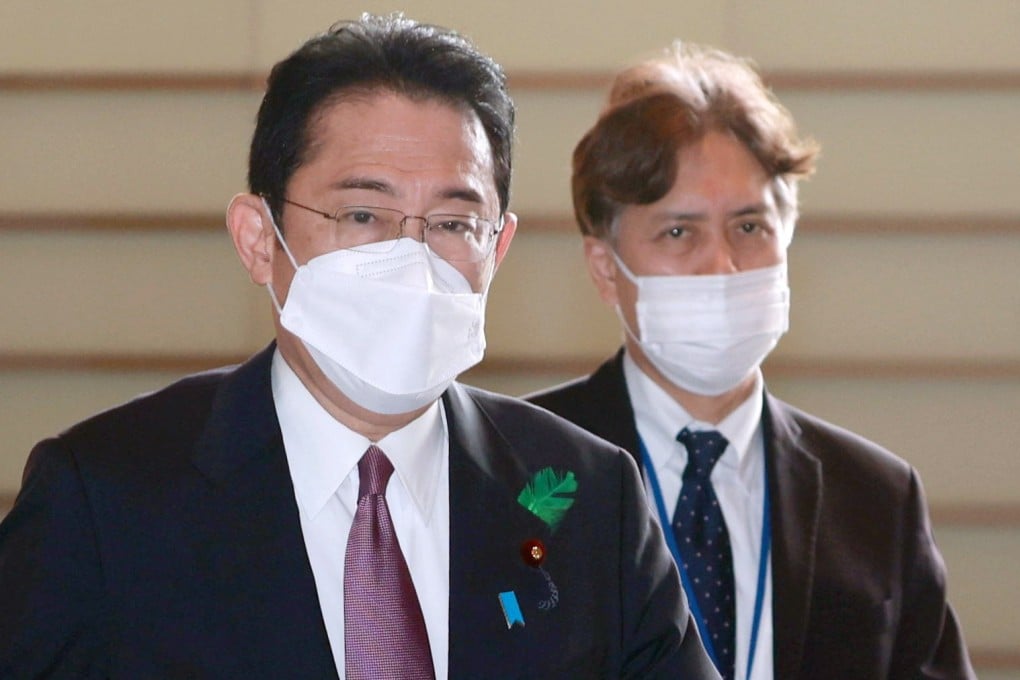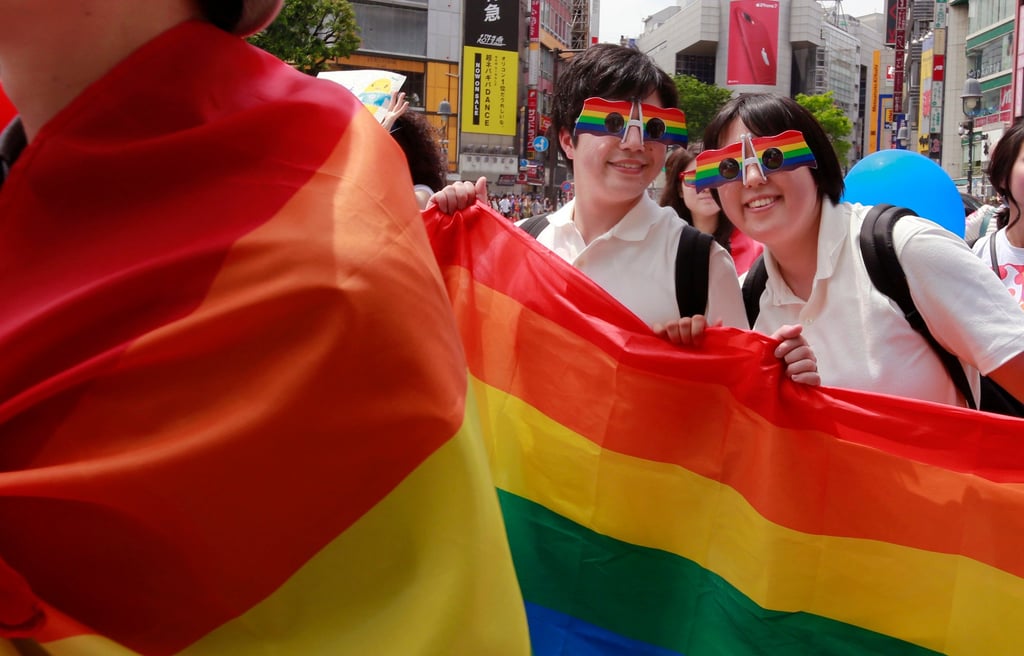Japan’s Kishida under fire for ‘poor’ hiring decisions after aide makes anti-LGBT remarks
- PM Fumio Kishida has lost yet another person in his inner circle, prompting questions over his ability to judge good talent
- While he swiftly sacked Masayoshi Arai, LGBTQ activists say the move is hollow as politicians take their cue from the prime minister, who opposes marriage equality

Kishida on Saturday replaced executive secretary Masayoshi Arai, after he gave local media his personal stance on legalising same-sex marriages. “I would hate it if [a same-sex couple] lived next to me. I would hate to even see them,” 55-year-old Arai was quoted as saying on Friday.
“The resignations and questions that are being asked would appear to speak for themselves when it comes to Kishida’s appointments,” said Hiromi Murakami, a professor of political science at the Tokyo campus of Temple University. “It seems clear that he did not take adequate care when he was selecting people to be in his cabinet or to act as his advisers.”

While Arai’s comments were not fatal to Kishida’s government, Murakami said they damaged his standing when he was already struggling with public support rates in the low 30 per cent range over policies and personnel.